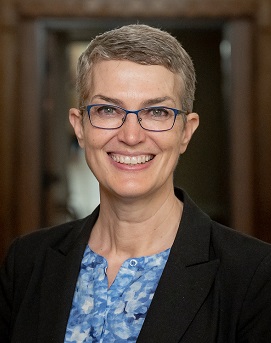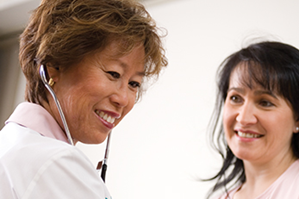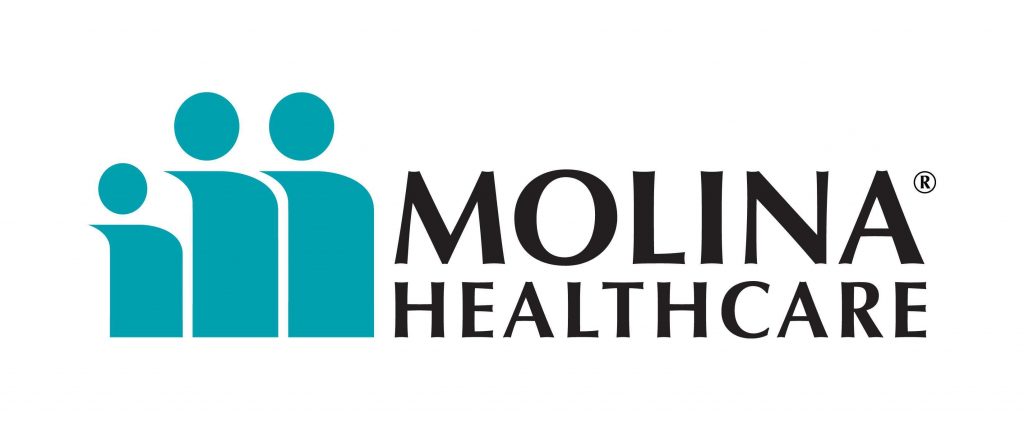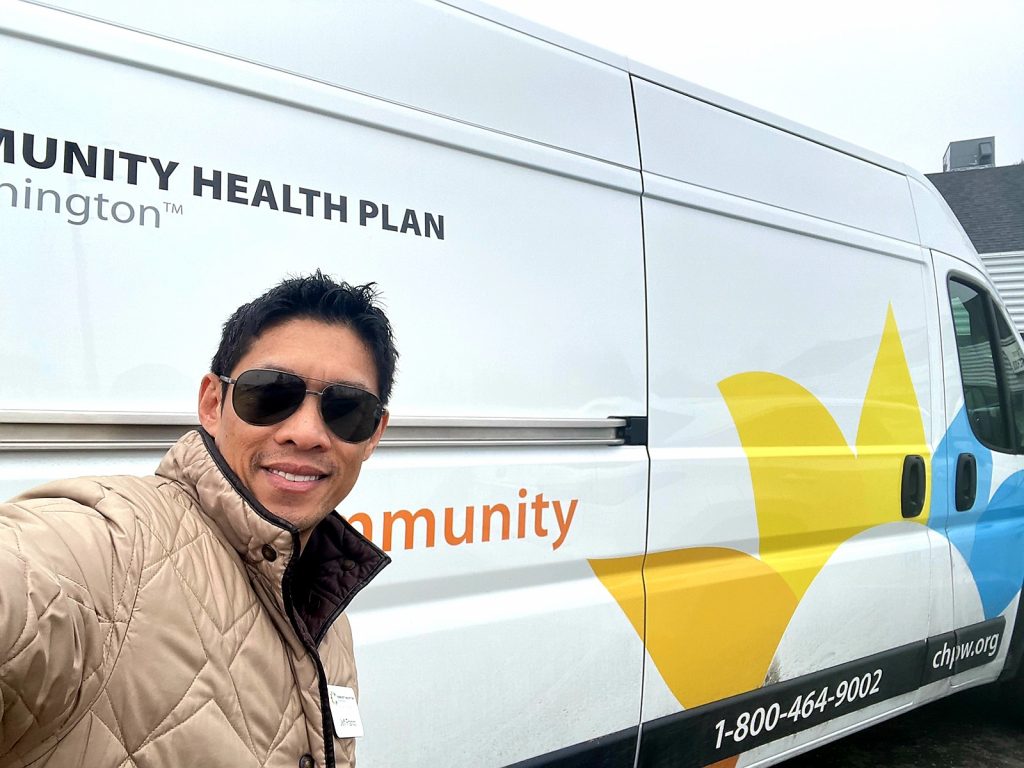New Facility Offering a Range of Services for Individuals Experiencing Homelessness
Project Services
The partnering organizations have been engaged since the start in researching models, touring facilities, and envisioning The Way Station and have identified the following programs and services to offer on-site:
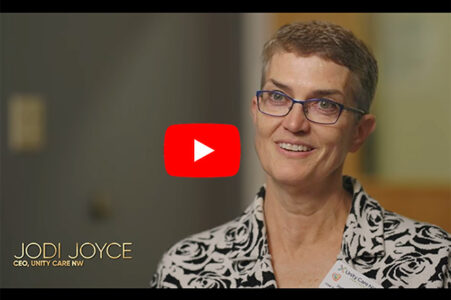 Health Care: Medical, Behavioral Health & Substance Use care with expanded access to laboratory testing for illness, vaccine administration and health monitoring.
Health Care: Medical, Behavioral Health & Substance Use care with expanded access to laboratory testing for illness, vaccine administration and health monitoring.- Hygiene Services: Restrooms, showers, laundry facilities and a hot box to treat belongings and prevent illness.
- Case Management: Linking visitors and medical respite residents with social and health care services.
- Connections to Stable Housing: Opportunity Council staff will offer supportive pathways for patients to transition out of homelessness.
- Recuperative Respite Care: Staffed 24-7 to provide a quiet environment for recovery from a medical event.
People experiencing homelessness often struggle with maintaining their health due to various challenges. Access to specialized healthcare, basic hygiene facilities, and medical respite beds is limited, worsening health outcomes. Gaps in patient care can have devastating impacts on the health of individuals and inadequate sanitation contributes to the spread of disease more broadly. Providing access to shower and laundry facilities, greatly reduces infection risks.
Recognizing this need in our region, Unity Care NW, Opportunity Council, PeaceHealth, and the Whatcom County Health Department, have partnered to establish The Way Station at Whatcom County’s 1500 N. State Street property. This innovative facility will offer anyone experiencing homelessness hygiene, medical and behavioral health care. Patients experiencing homelessness who are discharged from the hospital can recuperate and heal safely at The Way Station and access wrap around services, including help into long-term housing.
Location and Site Renovation

The Whatcom County owned site provides adequate square footage to support the planned services and is close to transportation facilities and other social and health services including the Opportunity Council and Unity Care NW.
As part of the permitting process, a Way Station Operations Plan was submitted to provide an overview of the facility’s policies, staff roles, guest agreement, emergency protocols.
Project Funding
The project was made possible by generous contributions from supporters and local donors (see full list below) and was awarded government funding at the federal, state, and local level. The Way Station has received a grant for $1.5M from the U.S. Department of Housing and Urban Development as part of a historic funding package to help communities across the country provide housing and supportive services to people in unsheltered settings.
State Senator, Sharon Shewmake, who secured a $4M funding in the state’s capital budget request for The Way Station. Said of her support of the facility, “This project hits it all— caring for community, saving money and helping to get people better and in housing.”
We extend our deepest appreciation for these partners and supporters of the Way Station:
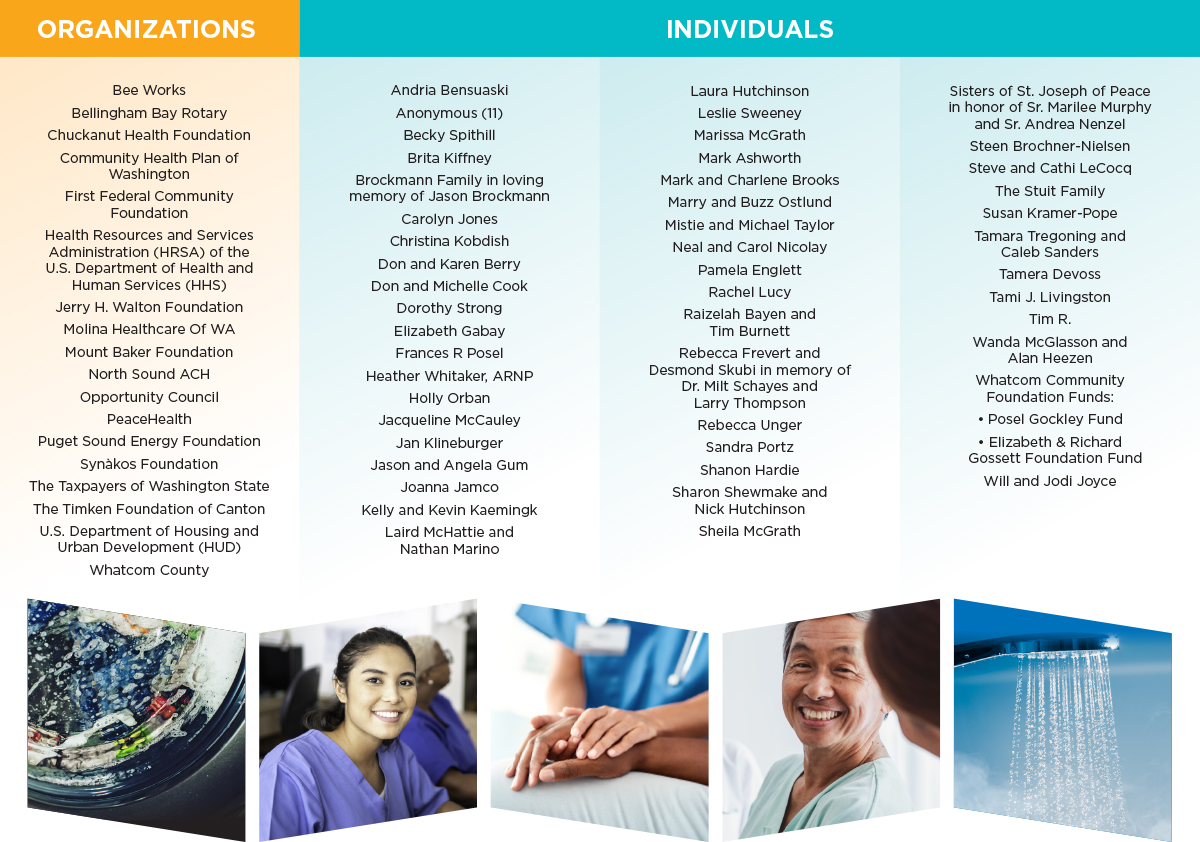
Current as of February 26, 2024. All efforts were taken to ensure accuracy of this list. Please contact Development@ucnw.org with any questions.




